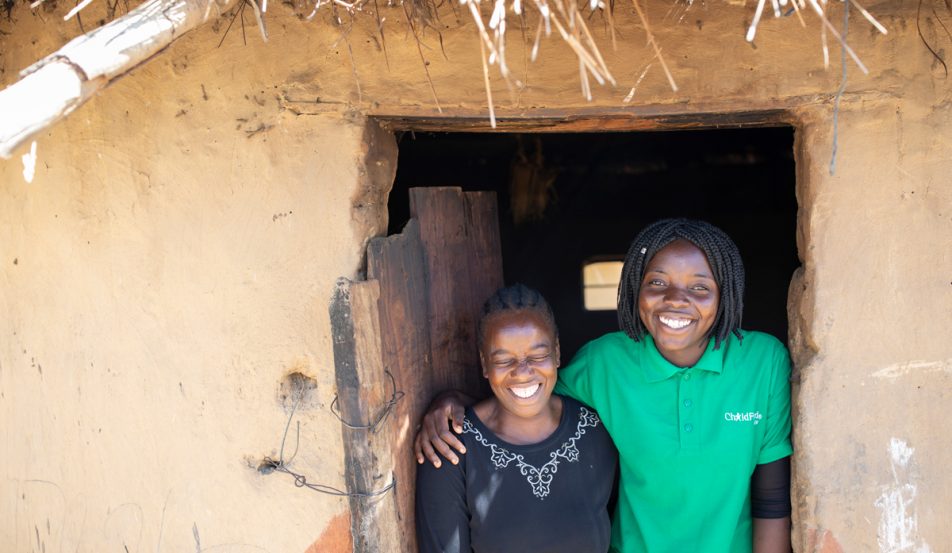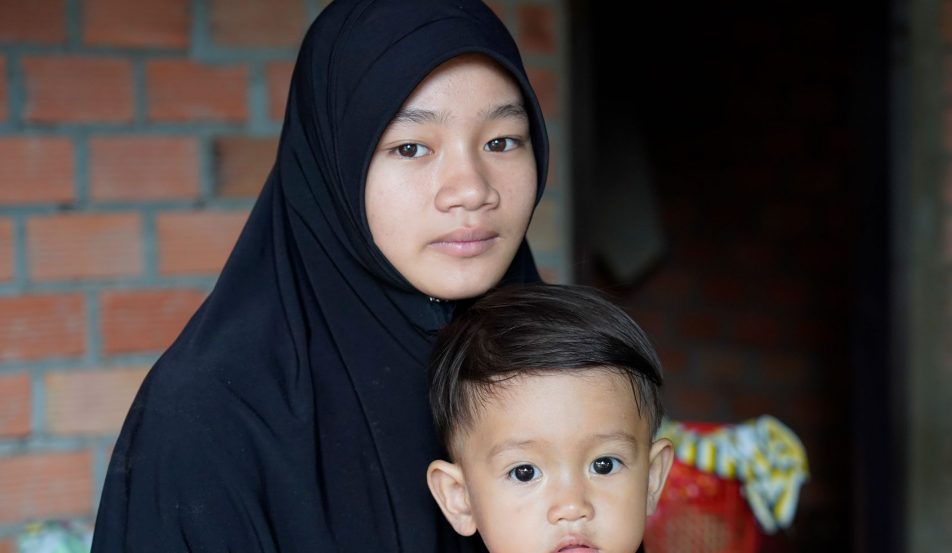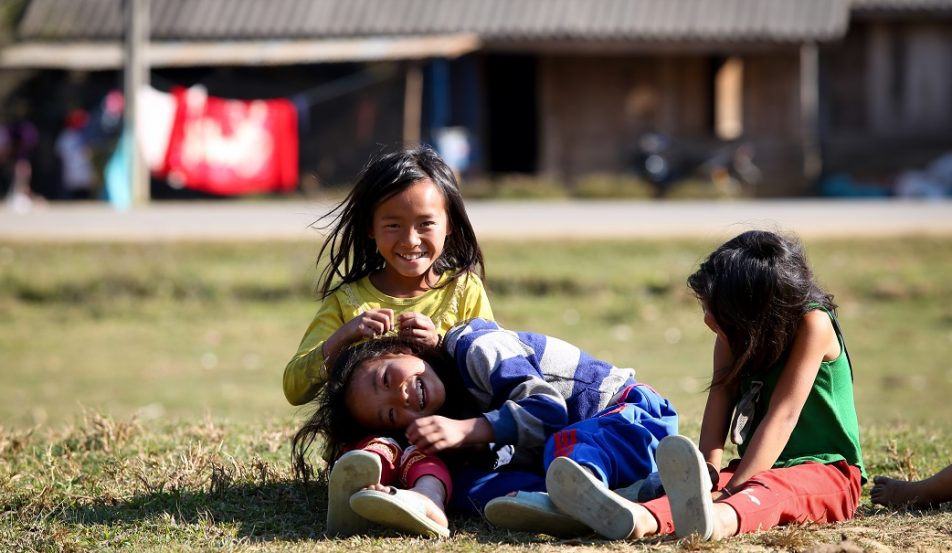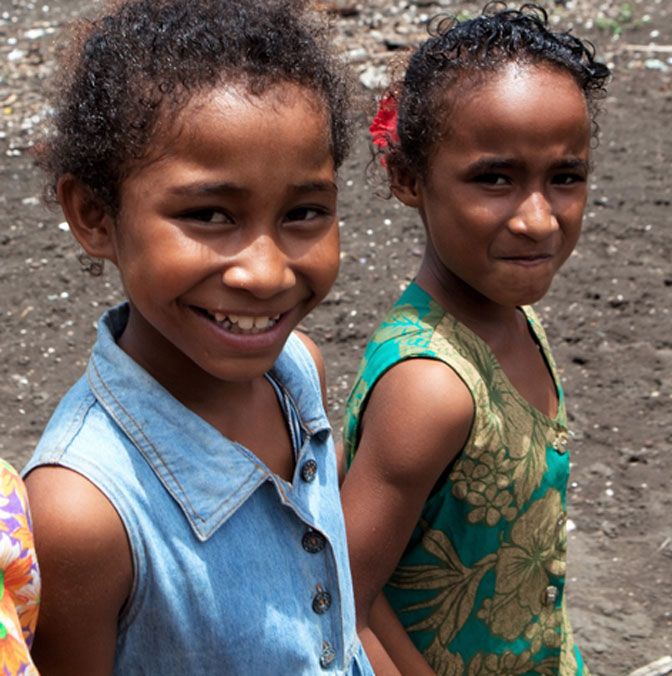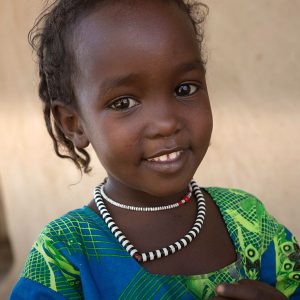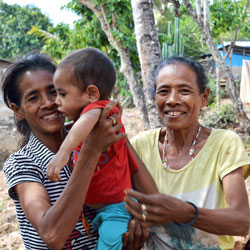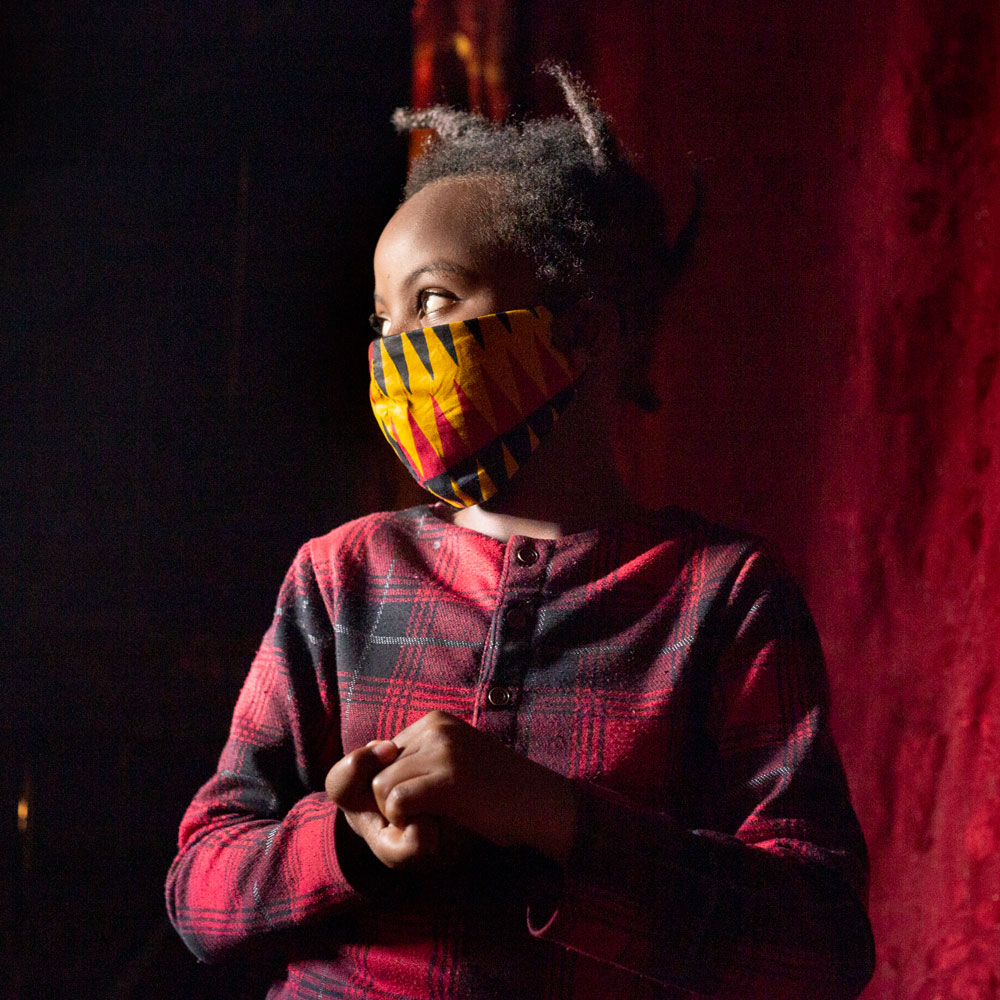Generation equality: building a more equitable world for girls and women
International Women’s Day has a long and significant history.
It has been celebrated around the globe for over 100 years. Its earliest incarnation was in 1911, when more than one million women in Europe took to the streets to call for women’s suffrage and equal labour rights.
As women’s demands for gender equality gained momentum, the world eventually stopped and took notice.
In 1977, the United Nations adopted the Convention on the Elimination of All Forms of Discrimination against Women (CEDAW).
Often referred to as the ‘Women’s Bill of Rights’, this is the second most ratified human rights treaty after the Convention on the Rights of the Child, and binds 189 countries to doing all in their power to ensure girls and women are treated equally.
This treaty demands that women’s rights are respected, upheld and enforced.
In 2020, International Women’s Day gives everyone a chance to reflect on the progress the world has made toward gender justice, but also how far we still have to go.
This year’s theme is ‘I am Generation Equality: Realizing Women’s Rights’. It reminds us that the fight for gender equality is a multi-generational one. As a woman who has been a member of the women’s movement for some decades now, I am proud to walk alongside a new generation of girls and young women whose energy and determination will continue to drive improvements in the lives of women around the globe.
However we must acknowledge that thousands of girls and women continue to face significant discrimination, inequality and injustice, particularly those living in disadvantaged communities.
In Zambia, too many girls are still forced into early marriage.
In Papua New Guinea, too many women and children face violence in their homes.
In Timor-Leste, a lack of basic healthcare means too many young women lose their lives, or lose their babies, during pregnancy and childbirth.
Among our staff, we must also recognise that women continue to carry a disproportionate burden of responsibility for children’s care and household work, despite the fact that they spend the same number of hours in the workplace as their male peers.
Change is necessary and ChildFund needs to continue to drive that change
In Kenya, access to training and opportunity is giving girls economic independence.
In Vietnam, sport is giving young women the chance to be leaders in their communities.
In PNG girls are learning about their right to decide on fertility and relationship choices.
I am privileged to lead an organisation that champions realising women’s rights. I am a daily witness to stories of inspirational girls and women.
This not only includes our female employees, but women in our partner organisations, and of course the many girls, women, mothers and grandmothers within the communities with whom we partner. Their strength is an inspiration, and the adversities they and their families face remind us of our core purpose.
At ChildFund, we believe that gender equality is not only a fundamental human right, but critical if we are to reduce poverty and advance the rights of girls and boys.
So today I acknowledge, with great appreciation and respect, the girls, the young and older women, across all generations of ChildFund around the globe, who enrich our lives, strengthen their communities, and continue to call for gender equality.



